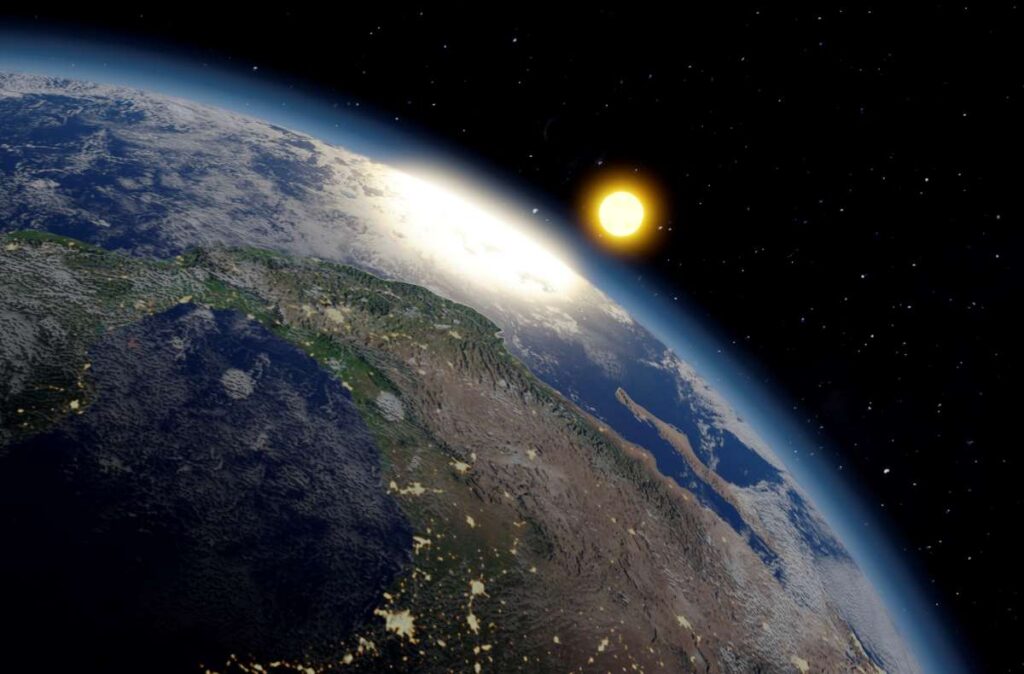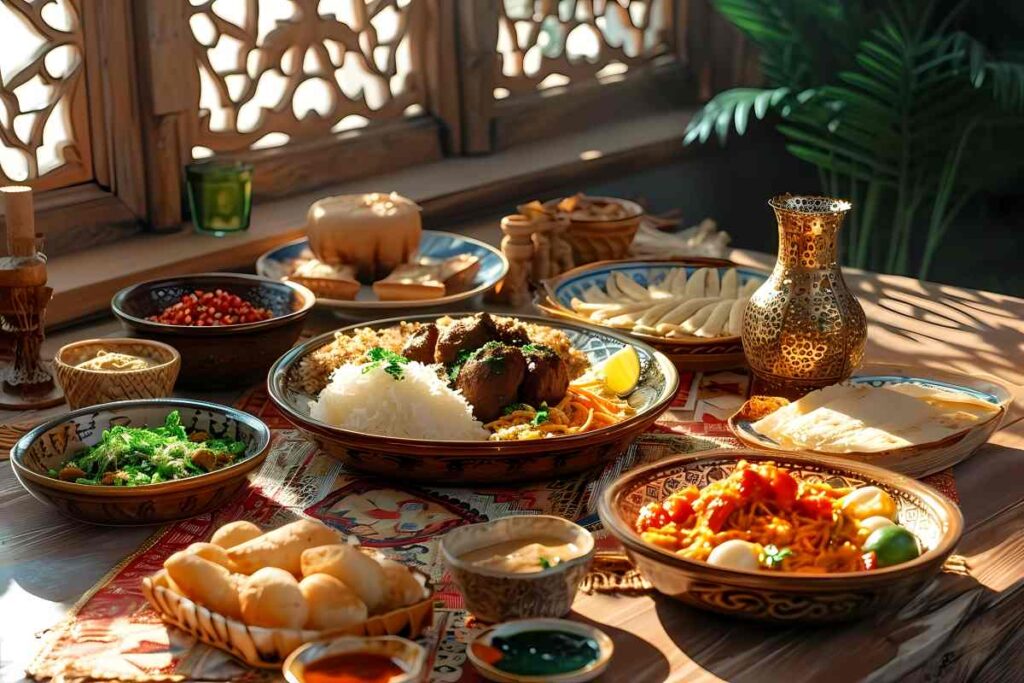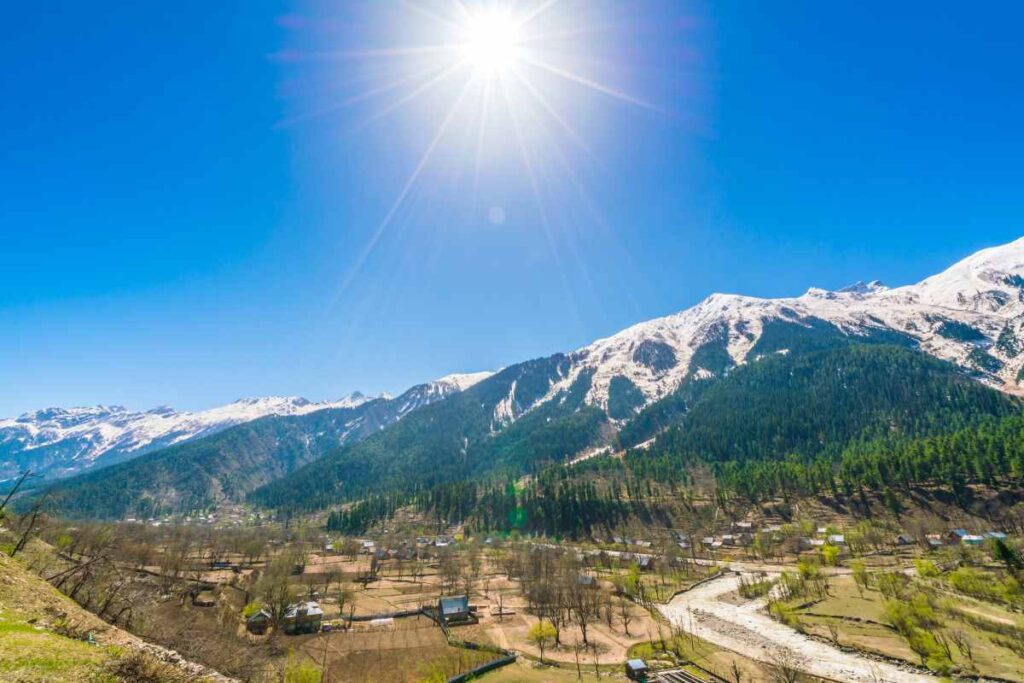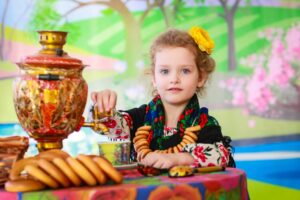When all the New Year's celebrations seem to be behind us, in some countries another new year comes at the end of March. It may have different names, but it is tied to an important astronomical day - the vernal equinox.
Why this day is special and how it was honored in ancient times and now, let's tell you all in order.
What is the vernal equinox?

We will not go into complicated terms, so let us briefly explain: it is the date on which day equals night. That is, 12/12 hours. The seasons on our planet are different. And when on one half of the planet gardens blossom and birds come from the south, on the opposite hemisphere nature withers, autumn comes. And vice versa. March is a spring month for our regions, so the equinox is called the March or spring equinox. And in Australia, for example, on the same day the sun begins to turn to winter, so for them it is the day of the autumnal equinox.
There are 365 days in a year, but every year there are a few extra hours. Therefore, the date changes every year. You can check on the Internet when the vernal equinox will occur in 2025. This year we celebrate it on March 20. And in general, it can be either on the 19th or the 20th.
Some people get confused about what is the solstice and what is the equinox. And they may even say spring solstice. But that's wrong. Even in elementary school children learn that the year can be divided into 4 parts. Of these, there are two equinoxes - spring and fall. The very word "equinox" says that day is equal to night. And on the solstices, which are also two - winter and summer - the sun shines differently. About the winter solstice we wrote a separate article, its can be read here. In short, December brings the shortest day and longest night. In summer, on the contrary, it has the longest day and a very short night.
Ancient traditions and rituals on this day
In pre-Christian Russia, spring and the spring sun were welcomed on this day. According to pagan rites, they were patronized by their gods - Lelya and Yarilo. In honor of the awakening of nature and the beginning of a new agricultural season, people organized two-week festivities. Usually they started celebrating a week before the day of the vernal equinox and continued a week after. Different rituals were performed to make the new season fruitful.
It was during this period that the ancient Slavs organized merry festivities, eating pancakes and burning the effigy of winter. Also this holiday in some areas was called Komoeditsa, which was later moved to the end of February and tied to the Christian calendar. As you may have already guessed, we are talking about Pancake Day. You can read more about the history of this holiday on our blog.
Where do you celebrate the day of the vernal equinox?


For Russians, it is a regular working day (unless it falls on a weekend) and is not celebrated in any way. But there are countries for whom it is a real holiday, like the New Year. Residents of Uzbekistan, Azerbaijan, Kazakhstan and other Asian countries organize big festivities on this March day. It is called "Navruz" (Persian for "new day"). The most interesting thing is that it is often associated with Islam, because it is celebrated mainly in Muslim countries. But this is not the case. Nowruz has a much longer history than Islam. And among ancient peoples it was also a celebration of spring and new life. How is it celebrated? People cook delicious holiday dishes, go to visit each other, do not work and rejoice in spring.
In Japan, it is a day to honor deceased relatives and is also an important holiday, and in China, kites are flown into the sky on the day of the vernal equinox.
And in Orthodoxy this day is important, because from the day of the vernal equinox they count when Easter will come this year. As we know, the date of Easter is different every year. It is calculated in the following way: they take the date of the March equinox and look at the first full moon. The first Sunday after it will be the date of Easter.
Read useful articles about culture, history and Russian traditions on our website.
You can sign up for Russian lessons at our school by leaving an application in the form below. The trial lesson is free of charge.







